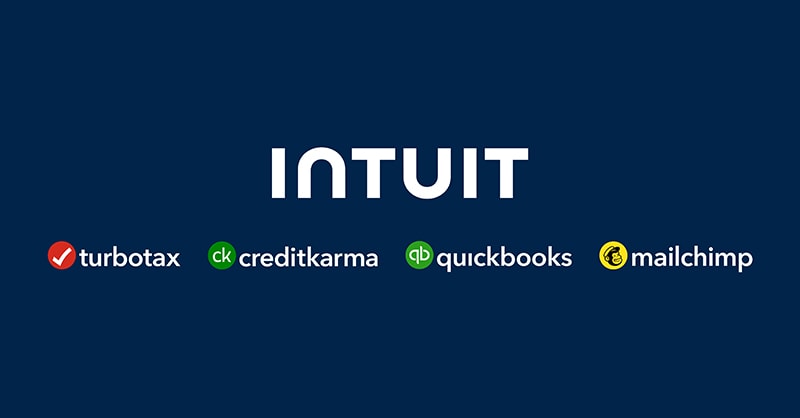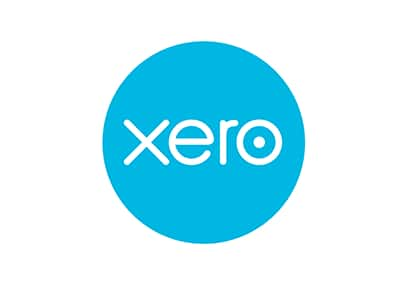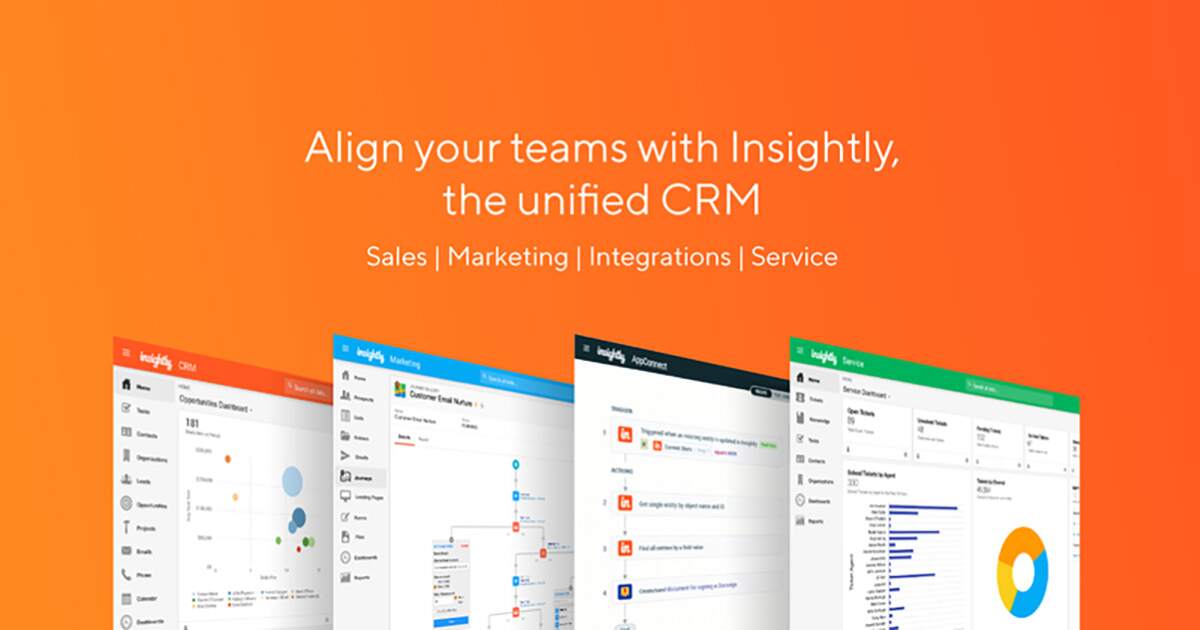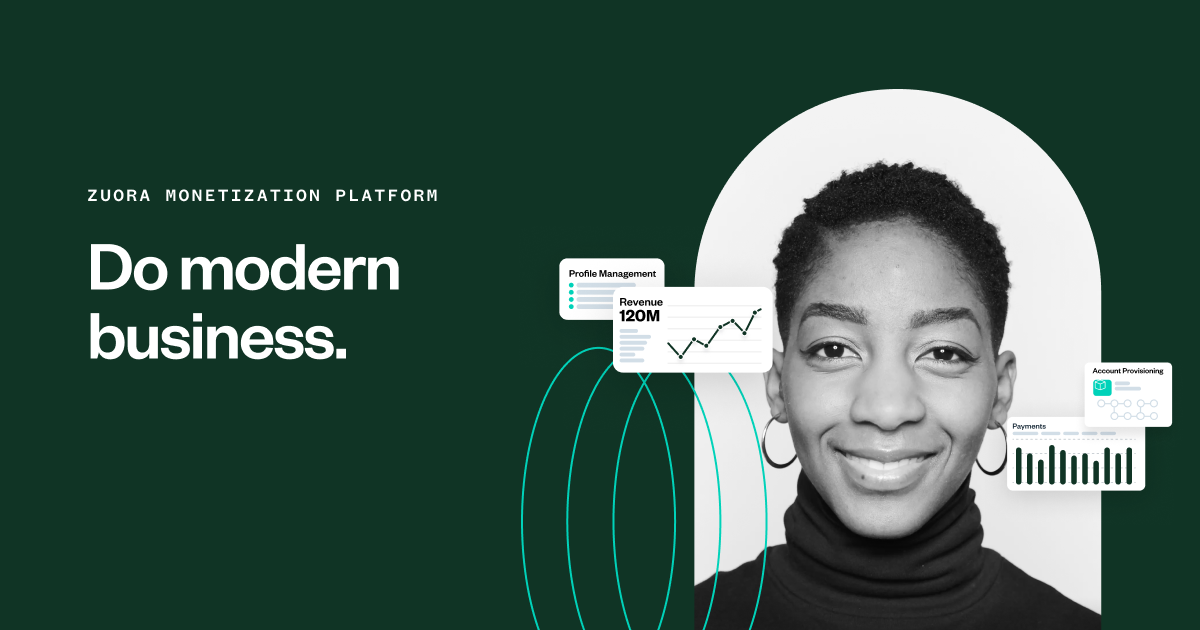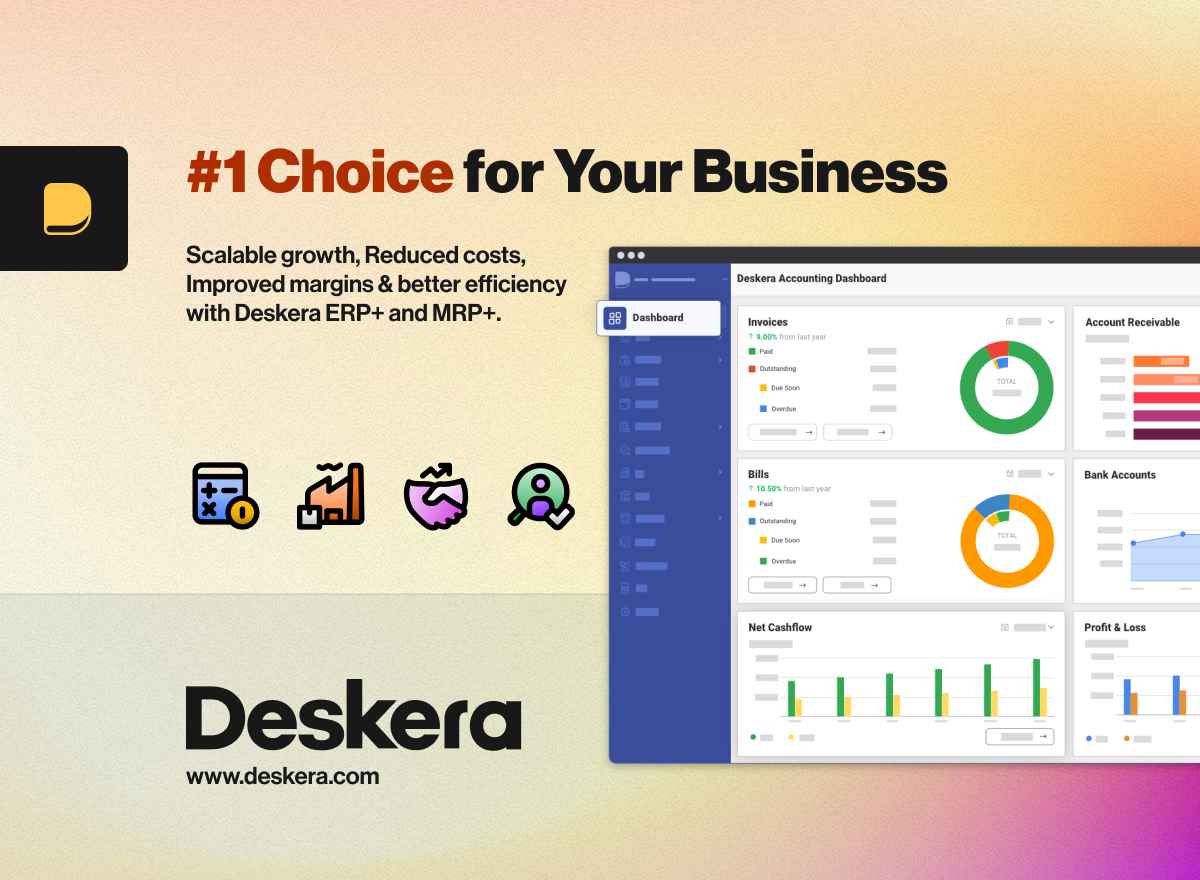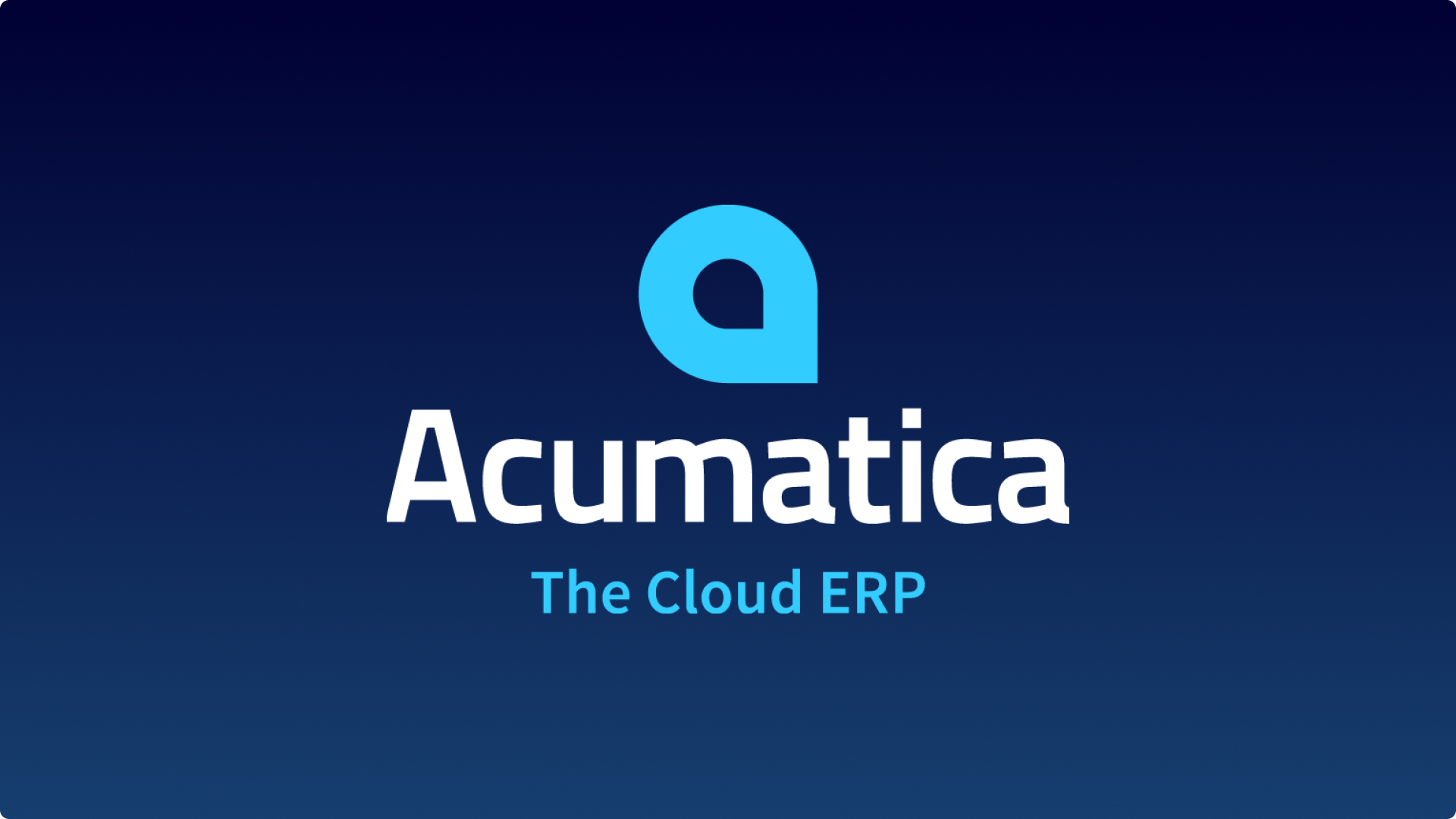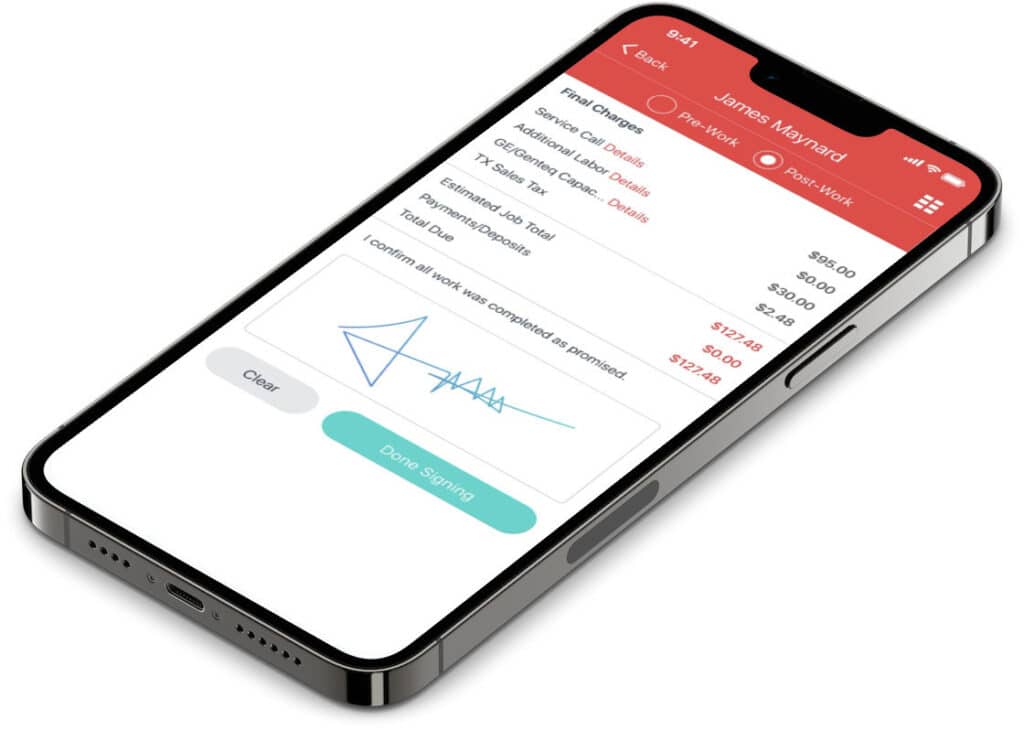Introduction
As businesses grow, manual bookkeeping and spreadsheet-based accounting become inefficient and time-consuming. Dedicated accounting software streamlines financial processes, ensures accuracy and compliance, and provides insights to help optimize decision making. This article evaluates the top 15 accounting software options based on features, usability, pricing and other factors to help growing businesses choose the right solution to take their bookkeeping and financial management to the next level in 2023.
Methods of Evaluation
To rank the top accounting software options, we considered several factors including features and functionality, pricing and costs, ease of use, integration capabilities, security, support availability, and customer reviews. We also leveraged metrics like number of backlinks, website traffic, and keyword search trends to evaluate awareness and popularity. Our rankings aim to help businesses of all sizes choose the accounting package that best supports their specific needs and growth plans in the new year.
1. Intuit QuickBooks Online
Intuit QuickBooks Online is an accounting software developed by Intuit, a financial software company based in Mountain View, California. QuickBooks Online is the cloud version of QuickBooks desktop accounting software and allows you to access your business finances from any device with an internet connection.
Pros: Some key advantages of QuickBooks Online include:
– Access from any device with an internet connection
– Integrates seamlessly with other Intuit apps like Mint and QuickBooks self-employed
– Automatic updates mean you always have the latest version
– Integrates with over 3,500 third party apps for extended functionality
Cons: One potential disadvantage is the requirement of an internet connection to access your financial data in the cloud.
Pricing: QuickBooks Online pricing starts at $25 per month for the ‘Simple Start’ plan and goes up to $80 per month for the ‘Essentials’ plan, which includes additional features like inventory tracking.
Some key stats about QuickBooks Online include:
– Over 4 million customers worldwide
– Used in over 100 countries
– Integrates with over 3,500 third party apps
– Automatic backups of your data to the cloud
2. SAP Business One
SAP Business One is a comprehensive cloud-based ERP software developed by SAP, a global leader in enterprise applications. SAP Business One has been helping small and midsize businesses gain control over their finances and operations for over 20 years.
Pros: Some key advantages of SAP Business One include:
– Full-featured ERP system that handles accounting, sales, inventory, purchasing and more
– Scales easily with your business growth needs as a cloud-based solution
– Provides robust financial reporting and business intelligence tools
– Can be deployed either on-premise or in the cloud based on your requirements
Cons: One potential disadvantage is that the upfront licensing and implementation costs may be higher than some other mid-market ERP solutions due to SAP’s reputation and capabilities.
Pricing: SAP Business One pricing starts at $99 per user per month for the basic version, with additional costs for premium features, support, maintenance and professional services. Volume discounts are available for purchase of multi-year subscriptions and packages with a larger number of user licenses.
Some key stats about SAP Business One include:
– Used by over 70,000 companies worldwide
– Available in over 40 languages
– Supports up to 250 concurrent users
– Integrates with over 500 third-party applications
3. Xero
Xero is a cloud-based accounting software for small businesses. Founded in 2006 and headquartered in Wellington, New Zealand, Xero offers online accounting, billing and payroll software to help small businesses and their advisors spend less time on busywork and more time managing sales, cash flow and making smarter decisions. With over 2.7 million subscribers in more than 180 countries, it aims to make business better by allowing easy access to finances anytime, anywhere.
Pros: Some key advantages of Xero include:
– Cloud-based for easy access from anywhere
– Powerful reporting tools for real-time financial insights
– Integrates seamlessly with popular banks and other business apps
– Great platform for tracking income and expenses as a growing small business
Cons: A potential disadvantage is the subscription pricing model which requires ongoing payments compared to one-time purchase of desktop accounting software.
Pricing: Xero offers a range of subscription plans starting from $9 per month for sole traders and freelancers to $60 per month for mid-size businesses with up to 20 users. Annual and lifetime subscription discounts are also available.
Some key stats about Xero include:
– Over 2.7 million subscribers worldwide
– Used in more than 180 countries
– Integrates with over 850 apps including banks, POS systems and CRM tools
– 14-day free trial available
4. FreshBooks
FreshBooks is an online accounting and invoicing software designed for freelancers and small businesses. In business since 2004, FreshBooks helps over 24 million users manage their finances. It offers intuitive invoicing, time tracking, expense management, and acceptance of credit card payments directly within the software.
Pros: Some key advantages of FreshBooks include:
– Easy to use interface suitable for non-accountants
– Affordable pricing plans starting from $15/month
– Fast invoicing and billing features
– Integrated time tracking to invoice clients
– Expense management and receipts in one place
– Customer support via phone, email and community forums
Cons: A potential disadvantage is that advanced features like inventory, purchase orders and statements are only available on higher priced plans. For some very large businesses, it may lack depth in features compared to enterprise accounting software.
Pricing: FreshBooks offers three main paid plans:
– FreshBooks Simple Plan: $15/month billed annually for up to 3 users
– FreshBooks Standard Plan: $25/month billed annually for up to 5 users
– FreshBooks Premium Plan: $45/month billed annually for up to 10 users
Some key stats about FreshBooks include:
– Used by over 24 million users globally
– Intuitive desktop and mobile apps for iOS and Android
– Accepts credit card and bank transfers for payments
– Integrates with over 200 apps including Google Suite, Dropbox, Slack, and Xero accounting
– Named best accounting software for small business for over 10 years
5. Wave
Wave is free accounting software for small businesses. Founded in 2003 and headquartered in Canada, Wave is one of the most popular accounting software options for small businesses looking for an easy to use and affordable solution.
Pros: Some key advantages of Wave accounting software include:
– It’s free to use for basic bookkeeping and invoicing
– Quick and easy setup process that takes under 30 minutes
– Intuitive dashboard and reports make finances easy to understand
– Integrations with payments via credit cards and bank accounts
– Provides additional services like payroll and expenses for a monthly fee
Cons: One potential disadvantage of Wave is that it has more limited features compared to paid accounting software. It may not be ideal for more complex bookkeeping and reporting needs of larger businesses.
Pricing: Wave offers a free Basic plan for up to 2 users that is suitable for basic bookkeeping, invoicing and expense tracking. For additional features like payroll, customized billing and expanded reporting, paid Plus and Premium plans start at $25/month.
Some key stats about Wave include:
– Used by over 2 million businesses worldwide
– Easy to use interface ideal for non-accountants
– Integrates with payment processing via credit cards
– Provides payroll services for additional cost
– Mobile app available for iOS and Android
6. ConnectWise Manage
ConnectWise Manage is an award-winning professional services automation (PSA) software created for MSPs and IT services providers. It offers a single platform to manage projects, bookkeeping, billing, inventory, and other key business processes.
Pros: Some key advantages of ConnectWise Manage include: integrated project management for MSPs, automated bookkeeping and billing functionalities to streamline finances, customizable inventory management for client hardware and software, flexible customizable business apps tailored for MSP workflows.
Cons: A potential disadvantage is the learning curve to fully utilize all the powerful features within the ConnectWise Manage platform. It may take time for new users to get acclimated to the software.
Pricing: Pricing for ConnectWise Manage starts at $99 per user per month for the basic plan, and scales up based on number of users and desired add-ons. Volume discounts are also available for larger MSPs signing annual contracts.
Some key stats about ConnectWise Manage include: used by over 12,000 MSP partners worldwide, supports integration with over 300+ apps, processes over $8 billion in annual billing transactions through its platform.
7. Insightly
Insightly is a leading CRM solution with integrated accounting functionality. Founded in 2005, Insightly aims to provide a comprehensive yet affordable solution for growing businesses. With over 18,000 customers globally, Insightly offers a modern platform that helps teams sell smarter, grow faster and build lasting customer relationships.
Pros: Some key advantages of Insightly include:
– CRM with fully-featured accounting module allowing for end-to-end business management
– Custom data models that can be tailored to any business or industry
– Robust reporting and analytics capabilities for deep insights
Cons: A potential disadvantage is that the accounting features are not as advanced as dedicated accounting software. It may not be suitable for very large or complex accounting needs.
Pricing: Insightly offers tiered pricing plans starting from $25 per user per month for the Standard plan up to $75 per user per month for the Advance plan. Volume discounts are also available for enterprises.
Some key stats about Insightly include:
– Over 18,000 customers globally
– Advanced CRM features including contact management, opportunities, quotes and invoices
– Fully-featured accounting module for tracking finances
– Scales from small teams to enterprises
8. Zuora
Zuora is a leading provider of subscription management and billing solutions. Founded in 2007, Zuora’s flexible, cloud-based platform helps businesses launch and scale subscription- and usage-based models. With over 1,000 customers in more than 100 countries, Zuora handles billing and payments for some of the world’s largest online SaaS and subscription-based e-commerce companies.
Pros: Some of the main advantages of Zuora include:
– Robust subscription billing platform that can handle complex pricing and discounting rules
– Customizable workflows and forms that allow building customized processes
– Powerful analytics and forecasting tools to analyze subscription metrics and predict future revenues
– Integrations with over 250 financial systems like NetSuite, QuickBooks, and Xero for seamless financial processes
Cons: A potential disadvantage is the cost as Zuora’s pricing starts at $2,000/month and goes up based on usage, however the platform is meant for established businesses with subscription revenue.
Pricing: Zuora offers pricing plans starting at $2,000 per month based on usage tiers. Additional costs include professional services and support services. Custom pricing is available for larger deployments.
Some key stats about Zuora include:
– Over 1,000 customers globally including Box, Shutterstock, and Anthropic
– Processes over $25 billion in annualized subscription billing
– Handles billing for over 100 million subscriptions
– 14,000 partners in the Zuora ecosystem
9. FreeAgent
FreeAgent is accounting software for UK small businesses. It provides easy-to-use accounting, invoices, expenses and payments functionality to help small business owners manage their finances. In business since 2006, it now has over 100,000 customers in the UK.
Pros: Some key advantages of FreeAgent include:
– Suitable accounting software for contractors due to integrations with payments and invoices
– All financial activities like invoices and expenses are in one place for easy overview
– Easy to use mobile apps available for iOS and Android for on-the-go access
– Extensive support resources include guides, webinars and a dedicated customer support team
Cons: A potential disadvantage is that the software is priced on a monthly subscription basis which involves ongoing costs compared to one-time purchases of other accounting software.
Pricing: FreeAgent offers 3 pricing tiers on a monthly subscription basis:
– Solo Plan: £15/month for up to 2 users
– Plus Plan: £30/month for up to 5 users
-Premium Plan: £60/month for unlimited users
Some key stats about FreeAgent include:
– Used by over 100,000 UK businesses
– Integrates with over 250 banking providers for easy payments and expenses processing
– Winning numerous awards over the years including Best Accounting Software at the UK IT Industry Awards
10. Tipalti
Tipalti is a leading provider of payables automation software. Founded in 2009, Tipalti helps both large enterprises and growing businesses get control of their vendor and supplier payments. With Tipalti, finance teams can automatically process and pay invoices while keeping spend compliant and visibility high.
Pros: Some key advantages of Tipalti payables automation software include:
– AI-powered invoice processing that classifies documents and extracts key data with near 100% accuracy
– Comprehensive controls and workflows ensure compliance with company policies and jurisdiction rules
– Real-time payment tracking and visibility into vendor relationships and spend analytics
– Reduces manual accounting tasks like data entry by over 80% allowing finance teams to focus on strategic work
Cons: One potential disadvantage is that Tipalti does require ongoing subscription fees as it is a SaaS-based solution. However, for most businesses the cost savings from automating manual tasks and gaining better visibility outweighs the ongoing subscription costs.
Pricing: Tipalti pricing is based on a monthly subscription model. Pricing tiers depend on the number of invoices processed, number of users and additional add-ons. For example, the starter tier is priced at $500 per month for up to 500 invoices and 2 users. Custom pricing is also available for very large enterprises processing over 500,000 invoices annually.
Some key statistics about Tipalti include:
– Processes over $150 billion in supplier payments annually
– Handles payment operations for over 1,500 customers globally
– Supports invoicing, reconciliation and payments in over 130 currencies
– Integrates with over 250 ERP/finance systems like SAP, Oracle and Netsuite
11. Brightpearl
Brightpearl is a retail operating system (ROS) that provides ecommerce inventory management, integrated accounting, analytics and reporting. Built for scalability, Brightpearl helps retailers and wholesalers automate back office processes to gain time to focus on growth.
Pros: Some key advantages of Brightpearl include:
– Ecommerce inventory management across channels
– Integrated accounting and tax features built for retailers
– Powerful reporting and analytics on sales, customers and inventory
– Scalable architecture that can support high volumes of orders and SKUs
Cons: One potential disadvantage is that Brightpearl is geared more towards large-scale retailers compared to simpler accounting software designed for small businesses. The subscription pricing may also be higher than some other options.
Pricing: Brightpearl pricing starts at $99/month for the basic Professional plan, scaling up to $299/month for the Advanced plan and custom enterprise pricing for large retailers. Additional per-user fees apply. All plans include integrations, support and regular software updates.
Some key stats about Brightpearl include:
– Used by over 3,500 retailers globally
– Integrates with over 50 shopping carts and marketplaces
– Supports over 20 languages and currencies
– Provides out-of-the-box integrations with popular applications like QuickBooks, Xero, Salesforce and Shopify
– Named as a Leader in the G2 Fall 2022 Grid Report for Ecommerce Platforms
12. Deskera
Deskera is an all-in-one business management software that helps streamline accounting, inventory, CRM, payroll, and HR processes. Founded in 2004, Deskera is headquartered in India and Singapore with offices in Australia, Philippines, USA, and UAE. The software helps over 25,000 small and medium-sized businesses improve operational efficiency.
Pros: Some key advantages of Deskera include:
– All-in-one platform to manage financials, supply chain, customers and employees
– Easy to use interface optimized for SMB workflow needs
– Robust reporting and analytics to track business performance
– Integrations with payment gateways and accounting tools
– Flexible pricing plans starting from $25/user/month
Cons: One potential disadvantage is that the all-in-one platform nature may mean some modules are not as deeply featured as specialized competing solutions in individual areas like accounting or CRM.
Pricing: Deskera offers flexible pricing plans starting from $25 per user per month for the basic plan up to $100 per user per month for the premium all-access plan with additional features like unlimited clients and projects.
Some key stats about Deskera include:
– Integrated software solution for accounting, inventory, sales, payroll and HR
– Used by over 25,000 SMBs worldwide
– Offers multi-currency support for global businesses
– Real-time business insights with customizable reports and dashboards
13. Replicon TimeBill
Replicon TimeBill is a powerful time tracking and timesheet software designed for accounting and project management teams. In business since 2005, Replicon TimeBill helps over 3,500 customers in 70 countries get real-time visibility into time and costs.
Pros: Main advantages of Replicon TimeBill include time and expense tracking, project accounting integrations, mobile time entry apps, and analytics and dashboards to improve billing and project profitability.
Cons: One potential disadvantage is the monthly subscription pricing may not be suitable for very small businesses or freelancers with limited budgets.
Pricing: Replicon TimeBill pricing starts at $10 per user per month for their Basic plan, which includes basic time tracking and mobile apps. Their Professional plan is $20 per user per month and adds more robust reporting, approvals workflows, and integrations. Custom enterprise plans are also available.
Some key stats about Replicon TimeBill include: automatic timesheet generation to save time, mobile apps for iOS and Android to enter time on the go, seamless integration with 30+ project management and accounting tools like Microsoft Project, and analytics to better understand time and billing trends.
14. Acumatica
Acumatica is a leading cloud ERP software company. For over 20 years, Acumatica has been developing flexible, affordable, and trustworthy business management solutions. With Acumatica Cloud ERP, businesses can automate operations, deliver seamless collaboration, and make smarter decisions with real-time business insights.
Pros: Some key advantages of Acumatica include:
– Cloud-based software-as-a-service model provides flexibility and scalability.
– Customizable to meet a variety of business needs with a lot of out-of-the-box functionality.
– Vertical industry templates optimized for manufacturing, wholesale distribution, and more.
– Robust business intelligence and analytics tools provides real-time visibility into business performance.
Cons: One potential disadvantage is that advanced customizations may require professional services help from Acumatica or a partner firm.
Pricing: Acumatica pricing is subscription-based, starting at $150 per user per month for the first 5 users. Volume discounts are available for additional users. Pricing includes 24/7 support, regular upgrades and enhancements, and access to management tools.
Some key stats about Acumatica include:
– Used by over 6,000 customers worldwide
– Deployed in 32 countries
– Integrates with over 200 applications
– Supports 12 different languages
15. PaySimple
PaySimple is an all-in-one payments and invoicing software designed for service-based businesses. Founded in 2010, PaySimple helps over 50,000 businesses accept payments, send invoices, and track time and expenses through a single integrated platform. With automated workflows, customizable templates, and easy account integration, PaySimple aims to simplify payments and streamline business operations for its users.
Pros: Some key advantages of PaySimple include:
– Invoicing and payments software built for service businesses
– Seamless integration with popular accounting apps for effortless data transfer
– Customizable workflows that can be tailored to specific business needs
– Affordable pricing tiers starting from $29/month with no long term contracts
Cons: A potential disadvantage is that the customizable workflows may require some technical knowledge to set up more complex automated processes.
Pricing: PaySimple offers three pricing tiers:
– Standard Plan: $29/month – Includes basic invoicing, payments, time tracking for up to 3 users
– Plus Plan: $69/month -Adds advanced reporting, additional integrations for up to 10 users
-Enterprise Plan: Custom Quote – For large businesses with custom requirements
Some key stats about PaySimple include:
– Processes over $5 billion in annual payments volume
-Used by over 50,000 businesses globally
-Integrations with over 100 accounting and POS apps including QuickBooks, Xero, Shopify, Toast etc.
-24/7 live chat and email support
Conclusion
Choosing the right accounting software is an important decision for growing businesses. This evaluation of the top 15 options highlights the strengths and weaknesses of each to help point you in the right direction. Consider your business size and processes, integration requirements, and budget when selecting the solution that will best scale with your company in 2023 and beyond.




